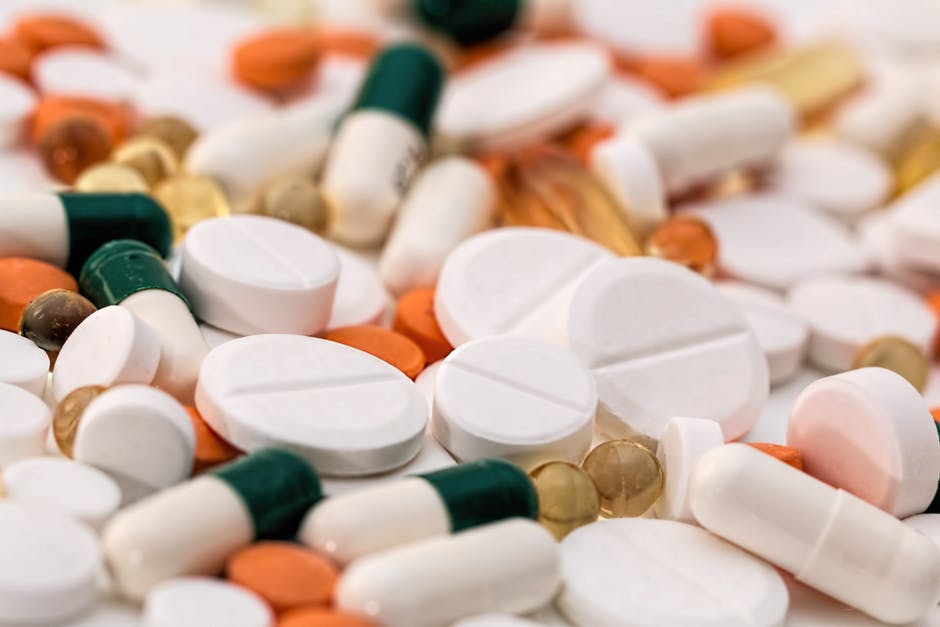As winter approaches, cold and flu season will soon ramp up. That means it’s time to make sure you have a well-stocked medicine cabinet to help manage those runny noses and sore throats.
But with the price of brand name medication is it worth choosing generic alternatives? Comparing the difference in price, can the no-name options be as effective as their well-known counterparts?
Keep reading for what all you need to know about brand name vs generic drugs.
What to Know About Brand Names
Advil and Aspirin are examples of common off-the-shelf drugs. Even though neither of those terms is medical, they’ve become shorthand for the medicine they represent.
That’s because those were the names chosen by the companies that first patented those medications for commercial use. In the case of Aspirin, it was Bayer that first brought acetylsalicylic acid (ASA) to market for pain, inflammation, and fever. For Advil, it was Pfizer who chose that name to market ibuprofen.
In both cases, neither company could own the patent to the compound. Instead, they developed a brand that marketed their version of the medicine. This patent-protected their formula of the medicine.
What to Know About Generic Drugs
Companies like Pfizer and Bayer spend billions of dollars developing new medications. It’s a costly process that is subject to intense regulation. To help protect their investment, they rely on patents and marketing. This protects their products as they build awareness of the benefits of their drugs.
Generic drugs, on the other hand, capitalize on the findings of the larger companies. They can produce their versions of the drugs using expired patents. These versions undergo the same regulatory process as their brand name counterparts. But the savings on research and development allows them to sell their products for far less.
Are Generic Medications Really As Effective?
Can an unknown version of ASA be as effective as the globally-renown Aspirin? Yes and no.
If a generic drug passes the Federal Drug Administration (FDA) testing, it’s proven to provide the same amount of medication as the brand name version.
This allows doctors and pharmacists to provide a generic version of a drug when one’s available. It’s also common for an insurance prescription plan to cover only lower-cost alternatives.
However, the FDA regulates only the levels of the active ingredients. They’re more flexible toward non-medical ingredients.
That means certain additives like preservatives and dyes might change to cut costs. While this doesn’t impact the actual medical dose, it can interfere with the way the drug is released or processed.
It can also lead to allergic responses or discomfort from taking a generic product. While these events aren’t common, it’s important to be aware of the possibility.
Finally, some people find it reassuring to stick with a name they know. When dealing with an illness or pain, having peace of mind can go a long way to easing discomfort.
Brand Name vs Generic Medications: Which is Right for You?
In the battle between brand name vs generic drugs, what’s the right choice for you? Whichever one you want.
That’s the great thing about having generic drugs as an option. They’re a great way to save money while benefiting from the same medicine that the big names are selling. You can feel safe knowing that they contain the same ingredients and are just as safe.
Visit the Frugal Living page of our blog for many more articles on making the most of your budget.
